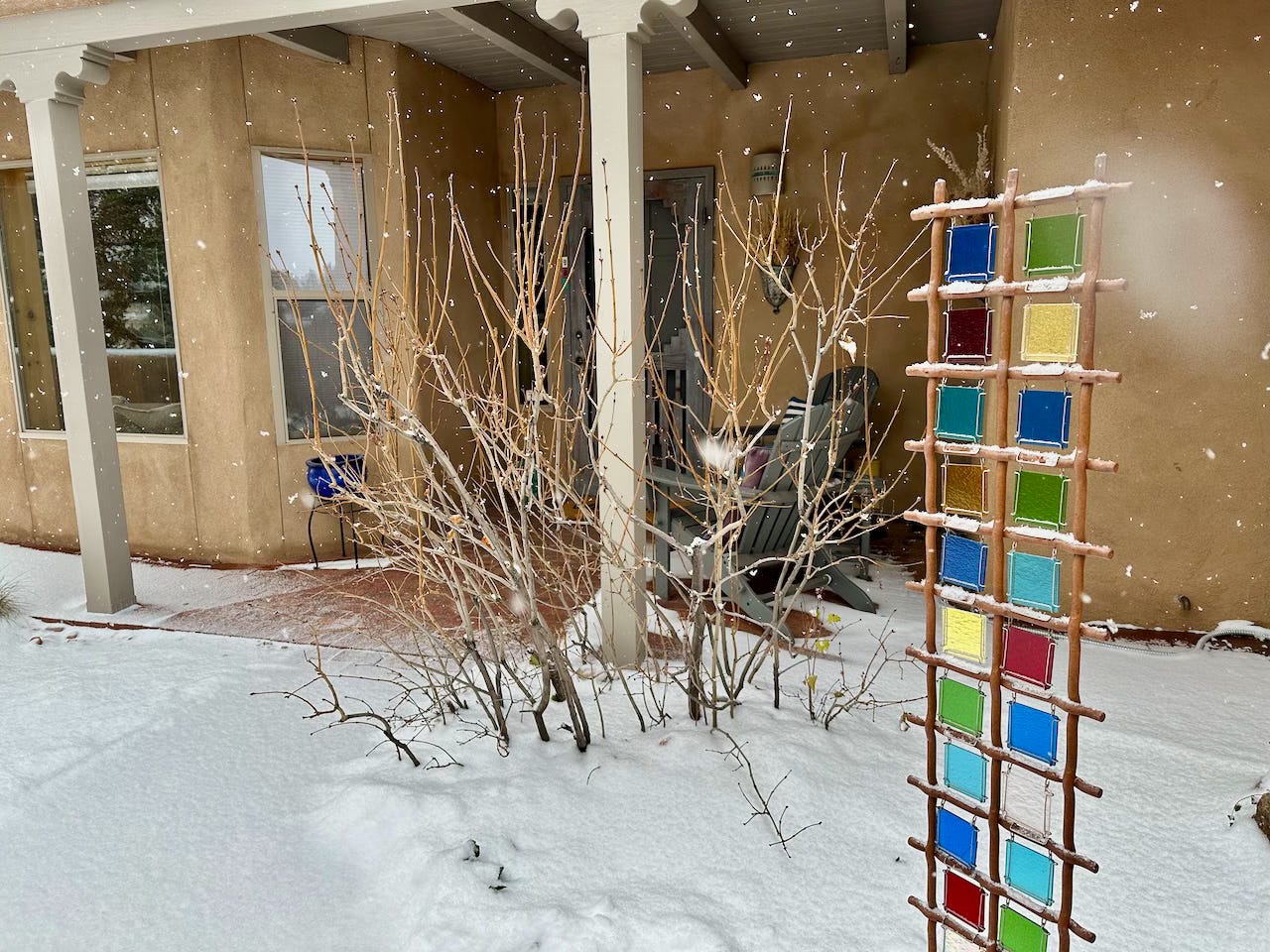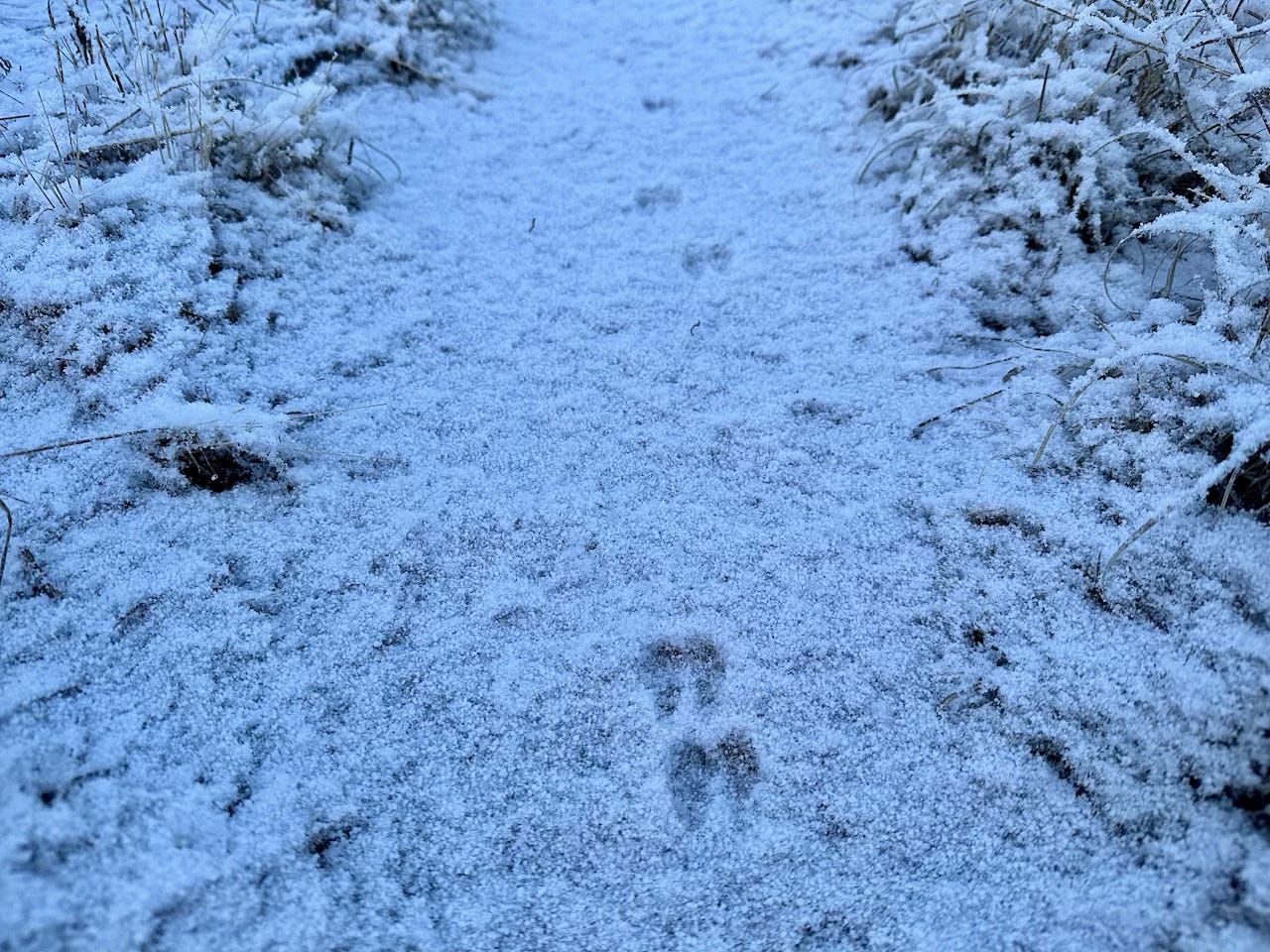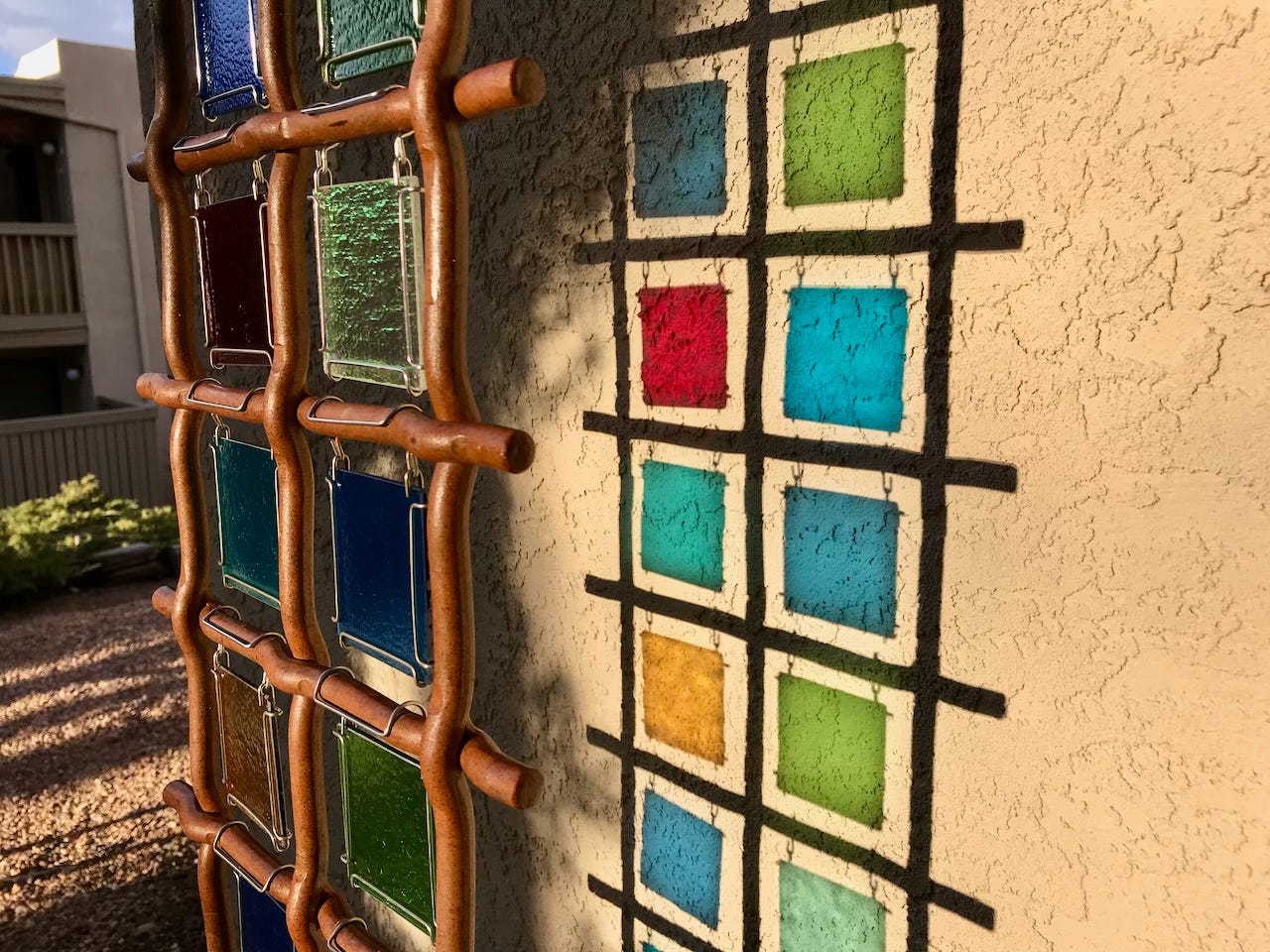
Hello Friends! Welcome to Practicing Terraphilia in a Year of Spiritual Thinking, a journey of searching for the spiritual basis of our terraphilia, humans’ innate affiliation for this living earth and those with whom we share the planet, animal, vegetable and mineral.
This week, I’m exploring prayer in the spiritual sense—what the word means, the negative and positive connotations, the power of prayer, and how I pray. If the word prayer has negative connotations for you (it does for me), stick with me: I’m going to share some insights that may be useful. At the end, I’ll issue this month’s call for you to create a prayer or prayers and a practice that works for you.
What is Prayer?
Let’s start with the definition and origin of the word:
prayer n. a solemn request for help or expression of thanks addressed to God or an object of worship. Origin: Middle English: from Old French preiere, based on Latin precarius ‘obtained by entreaty’, from prex, prec- ‘prayer’.
That’s pretty simple: prayer is a request (a solemn one) or an expression of thanks directed to whatever we see as the divine or sacred power, whether that be a God in human form or some more amorphous universal force for good.
As simple as the definition is, that idea of an entreaty to the divine or sacred power has gotten awfully twisted. Prayer has become an excuse for non-action, as in offering thoughts and prayers for victims and their families instead of doing something substantive to prevent gun violence. Prayer has been leveraged for political power. Prayer has been used for personal material gain.
All of which, I have to confess, leaves me with a very bad feeling about prayer. I have never thought of myself as a person who prays. Until I examined the idea of prayer and my daily practice. Just because prayer is being abused doesn’t mean it’s not useful when returned to its essence.
It seems to me that prayer in the original sense, as an entreaty or a gratitude, is at heart unselfish. It’s a conversation or meditation with the greater good in the world. And it can take many forms, formal or informal, practiced or spontaneous. It doesn’t matter what you call it, this kind of spiritual conversation is essential to staying in touch with the sacred in our daily lives.
Prayer as a Request or a Gratitude
If I am anguished and confused, I might use some form of ritual words to invoke clarity or meditate on what clarity means to me. If I am angry or frustrated, I might speak my intention to cultivate patience.
If I cannot see how to be a positive counter to the climate crisis, I might listen within for guidance. If I know a friend in crisis, I might send out my wishes for them to find whatever they need to nurture and support them. All of that is prayer.
Prayer does not have to be directed to any particular God or gods; it is simply an ongoing conversation with the sacredness in the world.
If I am struck by awe at a moment of beauty, I might just sing aloud in appreciation (if no one is nearby to hear!), or simply stop in my tracks and not speak at all, expressing my gratitude in the form of my stillness. That’s prayer too.
Novelist Cheryl Grey Bostrom offers a lyrical example of this kind of daily conversation with the sacred in her Birds in the Hand newsletter :
If you’d been at my place this week, you may have heard my questions and cheers, my groans and gratitude . . . all spilling willy-nilly from me, all uncooked. … I pleaded, too, and—when that moon rose full, and that hummingbird arrived through snow—I sang with awe. You’d have heard, or at least sensed, the mishmash coming from me raw, shot straight from my hip and heart. Because that’s how I pray.
My Practice
I speak a daily round of intentions and invocations to bolster mind, body, spirit, grow as a person, and to deepen my relationship with this numinous earth. I didn’t think of them as prayers though until I began this Year of Spiritual Thinking. So now I am owning my own version of prayer, both ritual and spontaneous.
Morning is my main spiritual time: I do a yoga routine after rising, an extended version of the Salute to the Sun asanas, timing each asana to the rhythm of breath and saluting the Four Directions, Earth, Sky, Community of the Land, and Self—essentially, it occurs to me, yoga as embodied prayer.
Then comes my walking meditation: I bundle up to walk out in the pre-dawn darkness to express my gratitude for this landscape and the native plants that weave it into a healthy community. Along the way I always stop to witness the moments of wonder and awe. That’s prayer.
At the end of the day, I speak an intention for how I want to be in this world, beginning with a line I adapted from a song by Mary Chapin Carpenter
“I am living my life with my heart outstretched as if were my hand.”
In between those ritual touchstones of words so familiar that the edges are rounded and worn from being spoken every day, there are the spontaneous words in response to whoever is happening in my day. Words of gratitude and awe, words of appeal and frustration, and words of entreaty if my redhead’s temper has gotten the best of me!
Apparently, I pray more than I realized.
What Does Prayer Do?
There’s some scientific research about the power of prayer, and the results are… mixed. Perhaps because it’s hard to standardize individual prayers, and perhaps because science can’t measure the nebulous effects of something that is the opposite of concrete and tangible.
Most of the research is around prayer and healing, and one consistent result is that prayer, like meditation, may have its greatest positive effects on the person who is praying. Prayer can calm our nervous systems, shutting down our fight or flight response. Also like meditation, prayer can make us less reactive to negative emotions and less angry, and increase our capacity for empathy.
Prayer can also awaken us to purpose and action, as
points out in “The Risk of Prayer,” written after the Uvalde, Texas, school shooting:In lament and litany, we can discover we have the power to act. —Diana Butler Bass, The Cottage
Discovering our “power to act” makes prayer, well, powerful.
Read on for this month’s call, and an example of one of my daily intention-prayers for how I want to walk through this world. Next week, a look at my work of reading landscapes—external and internal—as a prayer of love and gratitude for this earth and we who share the planet.
The Call or Challenge
Think about the role of entreaty and gratitude in your spiritual life. Do you pray? If not, do you have rituals or spontaneous entreaties or gratitudes that might be considered prayer?
How could you use those rituals or spontaneous conversations with the sacred to deepen your understanding, your relationship with your self and other humans, and your relationship with this planet and the community of the land?
Hit the comment button below to respond!
An Exercise
Ponder your prayers: Are there key words that come to mind when you think of prayer or ritual entreaties, intentions or gratitudes? Use those key words to write yourself an entirely new daily prayer.
Write each word or short phrase on a post it note and make a word-cloud in the wall or a bulletin board, or write those words (each circled) on a sheet of paper or in a brainstorming program. “Sit” with the word-cloud over the coming weeks until the words or phrases arrange themselves into a prayer.
A Prayer I Use
Oh, Great Spirit Thank you for this day and this life. Help me to walk my path in harmony, balance and beauty, That my life may contribute to the Ocean of Light and Love over the Ocean of Darkness and Fear. Namaste.
Blessings to you all!






Read this today and thought of my hikes with you: "Ordinarily, I go to the woods alone, with not a single friend, for they are all smilers and talkers and therefore unsuitable.
I don't really want to be witnessed talking to the catbirds
or hugging the old black oak tree.
I have my way of praying, as you no doubt have yours.
Besides, when I am alone I can become invisible. I can sit on the top of a dune as motionless as an uprise of weeds, until the foxes run by unconcerned.
I can hear the almost unhearable sound of the roses singing.
If you have ever gone to the woods with me, I must love you very much." Mary Oliver
Sending out a prayer of gratitude, i.e. saying grace for this beautiful piece and that incredible photo of your prayer flags shadowing the wall here at The Reserve. Wow! That is so beautiful. As is the picture of them in the snow at your new home. Thank you, thank you.